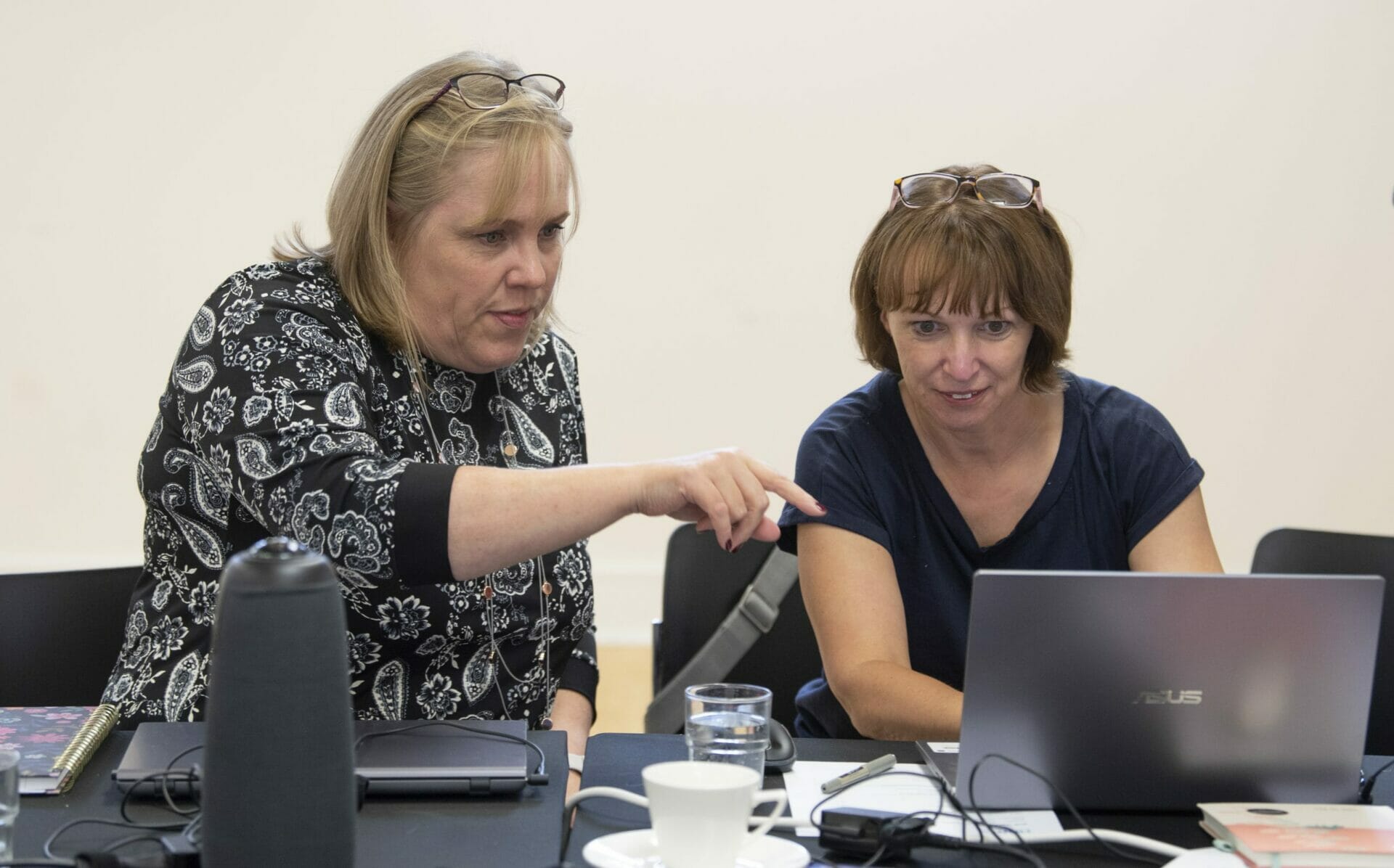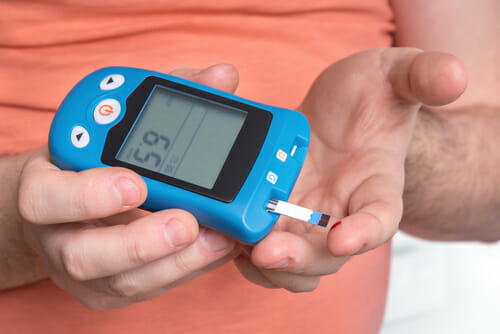Theme Lead: Professor Angela Wood
By enabling researchers to securely analyse de-identified, routinely collected health data, we help generate insights that drive better healthcare decisions, inform policy, and ensure research is inclusive and represents the whole population, ultimately improving patient outcomes.
If you’re a researcher, clinician, or policymaker interested in working with us or using whole population data for cardiovascular research, contact us at bhfdsc@hdruk.ac.uk.
What we do
We work closely with national data custodians to facilitate faster, more efficient, and secure access to whole population health data for cardiovascular research. Our goal is to streamline the process of accessing, curating, and analysing linked datasets across all four nations of the UK.
- Accelerating data access: We provide a single, streamlined project proposal and review process across the UK nations.
- Ensuring data security: All research is conducted within Trusted Research Environments (TREs) or Secure Data Environments (SDEs), safeguarding patient privacy while enabling valuable insights.
- Supporting data curation and analysis: Our team provides tools and expertise to help researchers efficiently access and use whole population data for high-quality, reproducible research.
- Working closely with patients and the public: This ensures our research is transparent, meaningful, and aligned with public priorities. Their input helps shape data access policies, research directions, and how findings are communicated for maximum public benefit.
Key areas of work
Making whole population data more accessible
We have partnered with NHS England to enable, for the first time, analysis of linked health datasets for the entire population of England. These de-identified records are securely accessible within NHS England’s Secure Data Environment (SDE), ensuring privacy and security while enabling population-wide research.
Read the full publication.
CVD-COVID-UK / COVID-IMPACT
We coordinate major cardiovascular research programmes, providing streamlined access to national-scale data. This national research consortium explores the links between COVID-19 and cardiovascular disease.
- 80+ cardiovascular studies supported
- 400+ researchers from 50+ NHS and academic institutions
- 40+ publications shaping cardiovascular research
Supporting research across nations
Cross-nation research remains challenging due to differences in data formats and environments. To address this, we:
- Standardise data using the OMOP Common Data Model, simplifying cross-nation and international analyses.
- Collaborate globally as a data partner in the European Health Data Evidence Network (EHDEN), aligning UK research with international standards.
Championing open science
We promote transparency and collaboration by making all research outputs publicly available:
- Code, protocols, and phenotype algorithms: Available via GitHub, HDR Innovation Gateway, and the HDR UK Phenotype Library.
- Pre-publication sharing: Supporting reproducibility and accelerating scientific discovery.
What is Whole Population Data?
Whole population data refers to comprehensive health records covering an entire nation, collected as part of routine NHS care. These electronic health records (EHRs) include:
- GP visits and hospital admission
- Prescriptions and treatments
- Diagnoses and health outcomes
By analysing whole population data, researchers can:
- Generate truly representative findings across all demographic groups
- Study rare conditions that may not appear in smaller datasets
- Inform healthcare policy and service planning with real-world evidence
Areas of work
Find out more about our data-led research.

Defining Disease
To drive large-scale, data-driven research, we’re working to develop and share reusable definitions of cardiovascular diseases in computable forms. These definitions enable researchers to interpret and use health data, leading to more accurate and reproducible studies.

Enhancing Cohorts
We’re working to accelerate health data research by making it easier, faster, and more secure to link data from clinical cohorts with routine health records. This approach will help researchers uncover new insights into disease causes, progression, and treatment, improving patient care and outcomes.

Data Enabled Clinical Trials
By integrating routinely collected NHS health data into clinical trials, we’re helping researchers recruit participants more effectively, reduce administrative burdens, and generate real-world evidence that can lead to quicker, more impactful advances in cardiovascular care.

Imaging
Cardiovascular imaging research has the potential to transform disease diagnosis, risk assessment, and treatment. This area aims to improve access to imaging data linked to health-relevant datasets across the UK, enabling innovative research and improving patient outcomes.

Smartphones and Wearables
We’re working to unlock the potential of smartphone and wearable data to discover new ways to prevent, diagnose, and treat cardiovascular disease, by establishing secure access to and fair use of smartphone and wearable data linked to healthcare records.

CVD-COVID-UK / COVID-IMPACT
CVD-COVID-UK/COVID-IMPACT is a major research programme coordinated by the BHF Data Science Centre, bringing together a consortium of over 400 researchers across more than 50 organisations. The programme enables analysis of anonymised, linked, nationally collated healthcare datasets across the UK to investigate the relationship between COVID-19 and cardiovascular disease, as well as its impact on other health conditions and risk factors.

Diabetes Data Science Catalyst
This exciting partnership between the BHF Data Science Centre, Diabetes UK and HDR UK aims to develop improvements in our understanding of the link between cardiovascular diseases and diabetes.

Stroke Data Science Catalyst
A partnership between the BHF Data Science Centre, the Stroke Association, and HDR UK, using data to drive research into stroke prevention, treatments, and care.

Kidney Data Science Catalyst
This partnership between the BHF Data Science Centre, Kidney Research UK and HDR UK will enable researchers to securely access, link and analyse existing UK health data, speeding up the search for better kidney and cardiovascular disease prevention, treatments, and care.